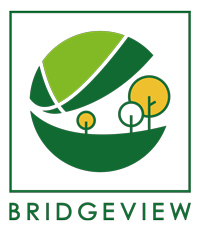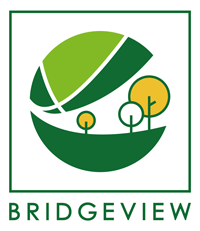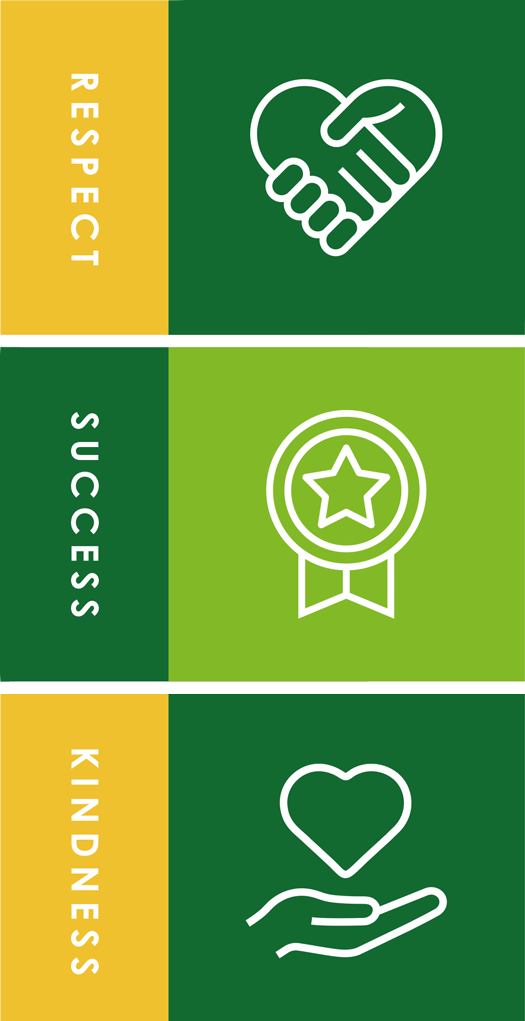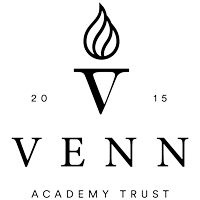Why do we teach PSHE at Bridgeview?
At Bridgeview we deliver Personal, Social, Health Education (PSHE) inclusive of relationship education which enables our children to become healthy, independent and responsible members of society. The Education Act (2002) requires that schools provide children with a broad and balanced curriculum that “meets the needs of all pupils”. We know that Spiritual, Moral, Social and Cultural Education (SMSC) must be promoted inclusive of British values, and that we have a duty of care to keep our pupils safe.
Our PSHE offer is tailored to our pupils, school and community needs through the use of Jigsaw and the PSHE Associations’ ‘Programme of Study’ which aims to provide opportunities for pupils to learn about rights and responsibilities within society, build emotional literacy and resilience and nurture their mental and physical health. It is a curriculum area that is taught both independently and interweaved in all other subjects across the curriculum to embed skills and strategies our children need in order to live healthy, safe, fulfilling, responsible and balanced lives.
What is the PSHE curriculum offer at Bridgeview?
The PSHE curriculum is high quality, evidence-based and age-appropriate for all our children across each key stage. We aim to motivate and educate children to become healthy, independent and responsible members of society. Our PSHE connects with our school ethos and values and aims to promote and prepare pupils to understand how they are developing personally and socially and how to tackle some moral, social and cultural issues that are part of growing up.
Our PSHE curriculum offer at Bridgeview uses a combination of Jigsaw and The PSHE Association programmes of study with a strong focus on equipping pupils with a sound understanding of risk and the knowledge and skills necessary to make safe and informed decisions. It covers the breadth of PSHE from all statutory RSHE requirements (including Relationships Education, RSE and Health Education) to economic wellbeing and careers. The curriculum is split into three core themes of: Health and Wellbeing, Relationships and Living in the Wider World. Both programmes of study will meet these themes throughout the course of the year on a weekly basis and the themes are built upon as the children move through school.
Jigsaw 3-11 offers a comprehensive Programme for Primary PSHE including statutory Relationships and Health Education, in a spiral, progressive and fully planned scheme of work, giving children relevant learning experiences to help them navigate their world and to develop positive relationships with themselves and others. Jigsaw consists of six half-term units of work (Puzzles), each containing six lessons (Pieces) covering each academic year. Every Piece has two Learning Intentions, one specific to Relationships and Health Education (PSHE) and the other designed to develop emotional literacy and social skills.
- Term 1: Being Me in My World
- Term 2: Celebrating Difference (including anti-bullying)
- Term 3: Dreams and Goals
- Term 4: Healthy Me
- Term 5: Relationships
- Term 6: Changing Me (including Sex Education)
The PSHE Association provides a framework for the KS1 and KS2 offer which will focus on providing learning opportunities mapped alongside current yearly health events and a tailored approach meeting the diverse SEN needs for the pupils at Bridgeview.
How are knowledge and skills acquired in PSHE?
The knowledge and skills at Bridgeview are offered through weekly lessons with additional learning and enrichment opportunities with cross curricular links. This ensures there is a full coverage of the topics required in the PSHE scheme of work and there is flexibility to adapt lessons to meet pupils needs and/or to address any specific issues individually or as a group. The various teaching and learning activities are engaging and mindful of different learning styles and the need for differentiation.
Each lesson for Jigsaw is built upon a Charter which underpins the behaviour and respect that is the basis for each lesson. For example, children learn about goals and aspirations through discussion, having guest speakers and creating personal goal targets alongside visiting both educational and enrichment places to promote hobbies, interests and future thinking. Each learning opportunity following the PSHE Association framework has a focus linked to PSHE yearly health events making learning current to national and international topics, relevant to their needs and engaging to support self-reflection and informed safe choices.
Across all key stage’s children use individual work books and group floor books to record their reflective responses and progress in PSHE sessions. These books travel with the children as they move to the next year group so they can look back at their learning and the next teacher can see the starting points.
Enrichment
Within PSHE lessons, children are introduced to a range of topics and ideas that they are encouraged to take time to think about. They are then given the chance to discuss and debate these with their peers in a safe and inclusive environment. At Bridgeview our children are given fantastic opportunities to develop links within their community, learn beyond the classroom and see how important it is to collaborate with others around them. Examples of this include physical and mental health wellbeing events, school elections for takeover days and school council, community projects and coffee mornings, meeting local employers and training providers for future aspirations.
